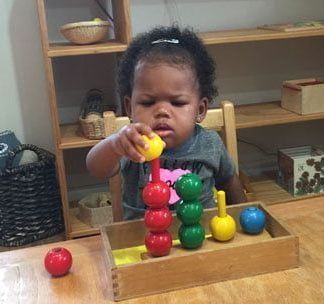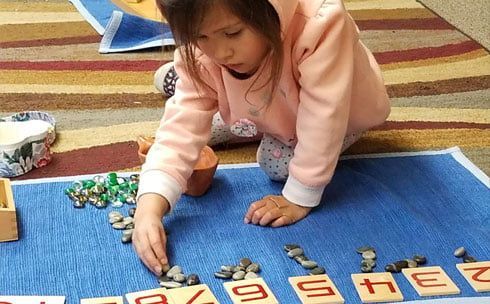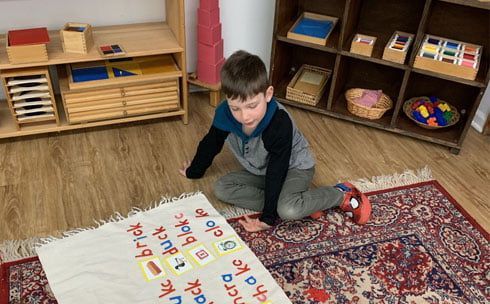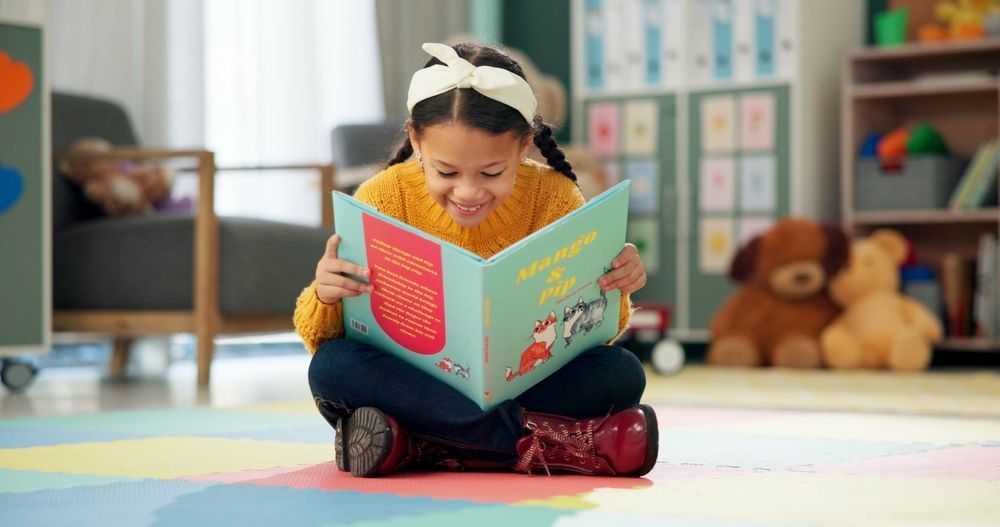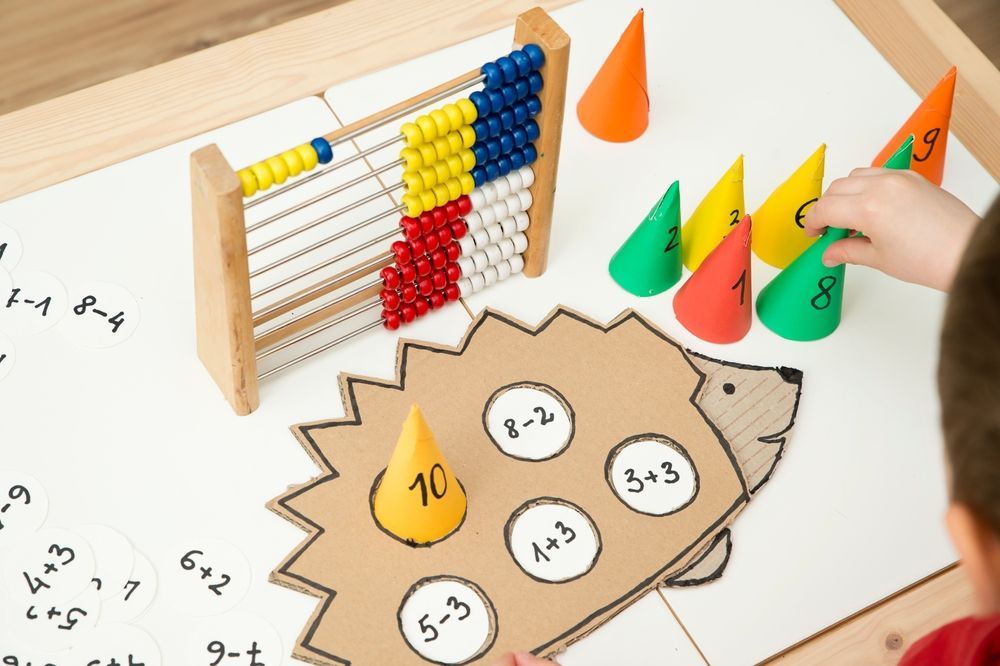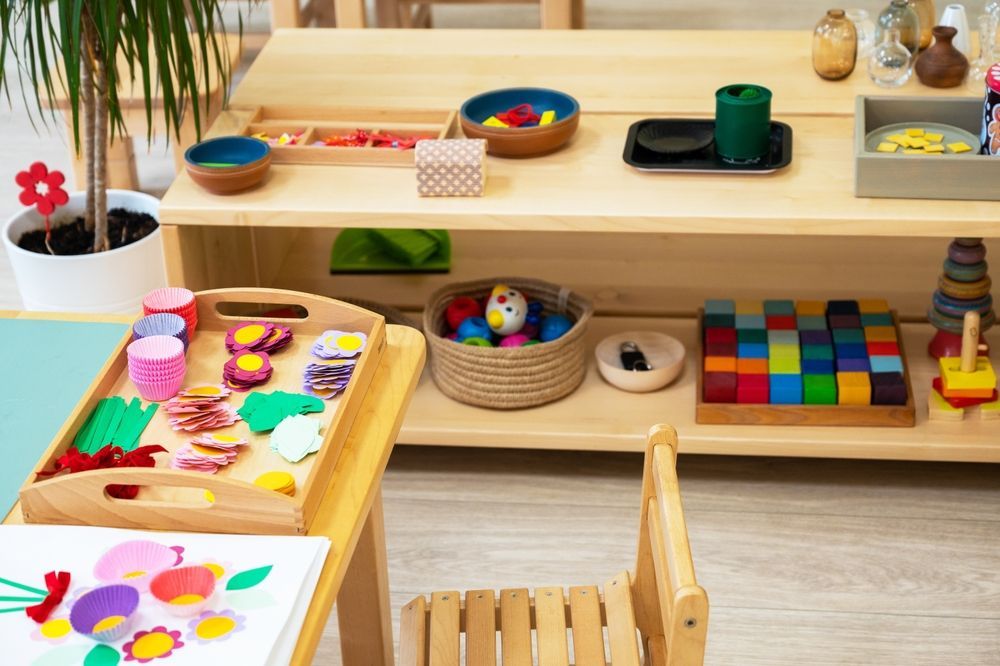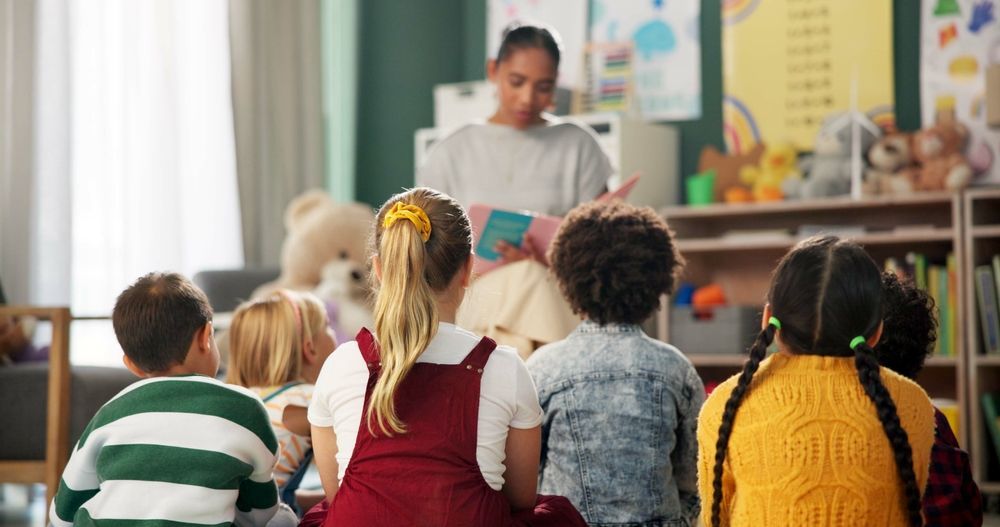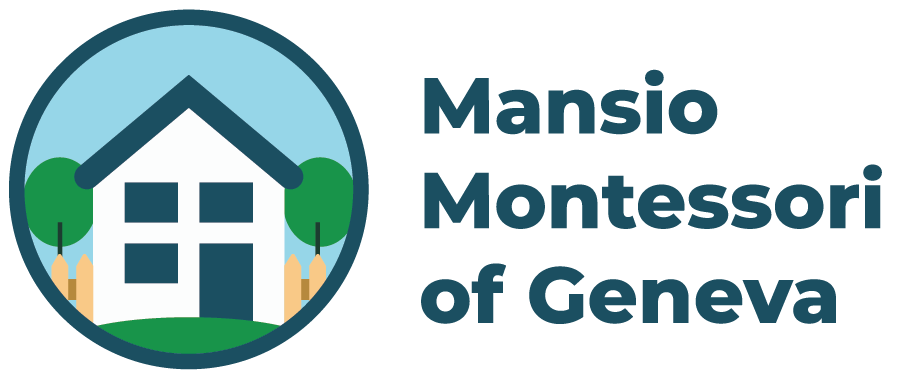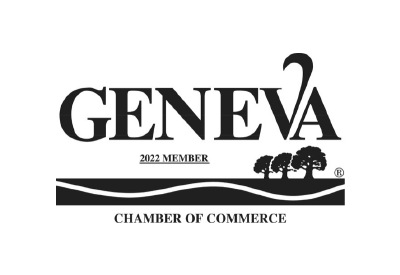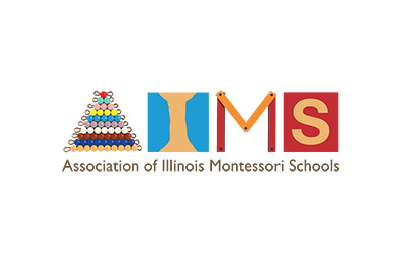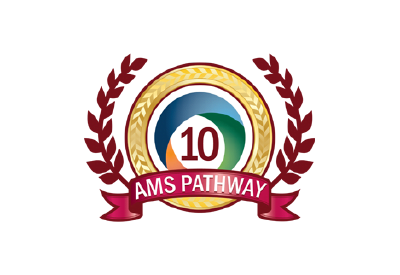Montessori School vs Public School & Private School
Share this Article:
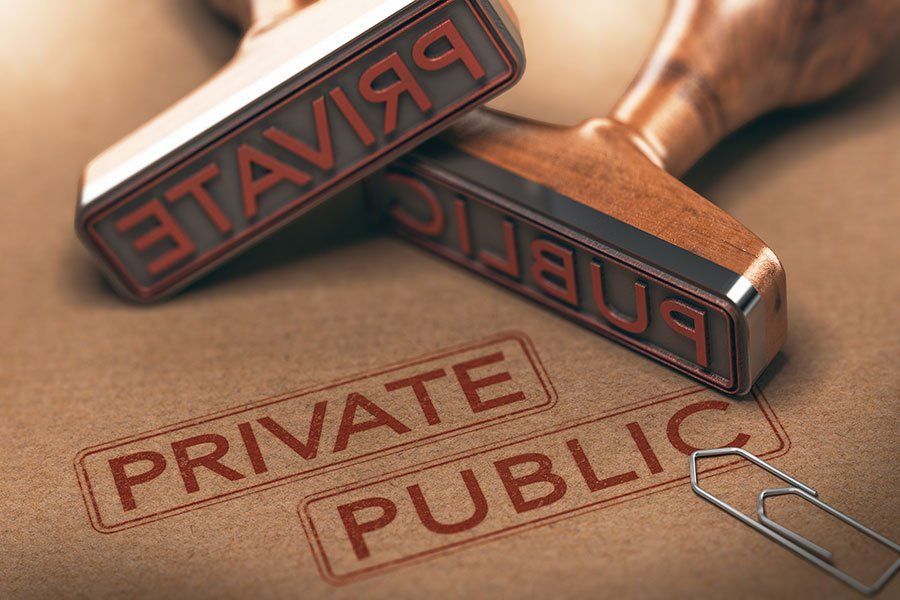
All parents care about the level of education their child receives at school. Whether moving to a new neighborhood or enrolling your first child in school, you want to know the educational options available to you.
With an abundance of public and private schools in your area, you may want to better understand the differences between them before finalizing your decision. Below, we discuss the academic reputations, costs of tuition, and district requirements to compare public school vs. private school systems.
Federal Funding and Student Tuition
Public School
A great contribution to the popularity of public schools pertains to the low costs. Paid for by local taxes, public schools only require small fees when applicable and are otherwise free for parents. This allows families access to a federal education for their children regardless of income or status. However, with federal funding and budgeting often causes school districts to diminish or cut entirely extracurricular or elective program budgets such as art, music, and drama.
Private School
Notorious for high costs and fees , private school tuition costs can sometimes feel equal to college tuition. While parents may feel as though the costs are unnecessary, they must know that private schools do not receive the government funding that public schools are entitled to. However, as the funding is through the parents and occasional grants, this can cause fewer budgeting issues that result in department cuts like arts and music and allow better elective programs.
Curriculum and Academic Reputation
Public School
Due to federal funding, public schools operate from a mandated curriculum to adhere with federal education requirements. This creates a solidified teaching protocol for every classroom but limits the degree in which teachers deliver the content. As a result, most public schools focus on the success of a classroom average in testing scores.
Private School
As private schools are not federally funded, they have more liberty to teach a curriculum tailored to their preferences. With a lower student-to-teacher ratio, class instructors can better tailor the curriculum for each student to excel and understand the materials presented. This establishes additional opportunities for private schools to specialize in different fields and help prepare students for college.
Location, Location, Location!
Public School
A great benefit for the public education system is the provided transportation. This causes a relief for parents who either do not have the time or means to take their child to school every day. Unfortunately, if you opt to send your child to a public school, your available schools to choose from dwindles to only those in your district. Therefore, if you live in a district with low-ranking schools, you may feel underwhelmed in sending your child there. If the option is available, consider moving to a desirable school district or look at alternative schooling options such as private, charter, or homeschool.
Private School
Luckily with private schooling, students do not need to reside in an exact district. Therefore, if parents are unhappy with the public schools in their district, they can decide to send their child to a private school that offers a better curriculum. However, in contrast to a public school system, families are responsible for their children’s transportation to and from school.
Educational Foundations at Mansio Montessori
If you want to ensure that a school prepares your child with fundamental and environmental knowledge , Montessori schools are a profitable learning method. At Mansio Montessori of Geneva , we differ from traditional school methods by focusing on philosophical, environmental, and purpose-driven activities that further your child’s educational experience. Contact us today to learn more about how your child can excel with Montessori.
